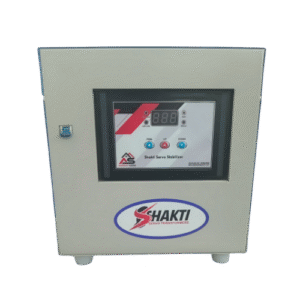Kosher Certified Products: What They Are and Why They Matter

Kosher certification in Ahmedabad
In today’s health-conscious and globally connected market, food certifications have become a sign of trust, quality, and transparency. One of the most respected among them is kosher certification. While its origins are religious, Kosher Certified Products has grown into a global standard that appeals to a wide variety of consumers, regardless of faith or background.
Let’s explore what kosher certified products are, why they’re in demand, and how they benefit both consumers and businesses.
What Does “Kosher Certified Products” Mean?
A kosher certified product meets the dietary requirements defined by Jewish law, known as kashrut. These laws cover:
-
Which foods are allowed
-
How foods are processed
-
How ingredients are sourced
-
How utensils and equipment are used and cleaned
For a product to be certified kosher, a kosher certification agency must inspect the ingredients, manufacturing process, and facility. If everything meets kosher standards, the product earns a certification symbol — often called a hechsher — that you’ll find on the label.
Each product is also classified according to type:
-
Dairy (D) – contains milk or milk derivatives
-
Meat (M) – contains meat or poultry
-
Pareve – contains neither meat nor dairy (e.g., fruits, vegetables, grains)
This labeling helps consumers easily identify what they’re buying, especially those with dietary restrictions or preferences.
Types of Kosher Certified Products
Kosher certification isn’t limited to traditional Jewish foods. In fact, it spans across many industries:
1. Food and Beverage
Most packaged food products can be kosher certified, including snacks, bakery items, sauces, condiments, frozen meals, dairy, and beverages. For meat to be kosher, the animal must be from an approved species and slaughtered according to specific guidelines.
2. Supplements and Health Products
Vitamins, protein powders, and herbal supplements often receive kosher certification, especially if they’re taken orally. Even the source of gelatin in capsules must comply with kosher requirements.
3. Personal Care and Household Products
Some toothpaste, lip balms, and even cleaning products used in food processing can be kosher certified, particularly if they may come into contact with food.
4. Industrial Ingredients
Bulk ingredients like flavorings, colorings, and food additives can also be kosher certified. This is especially important for manufacturers who want to keep their entire production chain compliant.
Why Consumers Choose Kosher Products
While kosher rules are based on Jewish traditions, most kosher consumers are not Jewish. People choose kosher products for various reasons, such as:
-
Food allergies: The labeling is clear about dairy or meat content.
-
Vegetarian or vegan diets: Pareve-labeled products often suit plant-based lifestyles.
-
Clean and safe processing: The certification process includes inspections and strict hygiene standards.
-
Religious crossover: Some Muslim consumers also choose kosher products when halal options aren’t available.
In short, kosher certified products offer transparency, quality, and peace of mind.
How Businesses Benefit from Kosher Certification
For manufacturers, having a Kosher Certified Products can open new markets and increase brand credibility. Retailers, especially in North America, Europe, and the Middle East, often prefer or even require kosher-certified products.
Benefits include:
-
Expanded market access
-
Increased consumer trust
-
Better product labeling and traceability
-
Higher sales in multicultural communities
Certification also encourages better internal practices, such as ingredient sourcing and facility management, which can improve overall quality and compliance.
Final Thoughts
Kosher Certified Products are more than a religious requirement — they’re a symbol of quality, care, and consistency. Consumers around the world trust kosher symbols because they represent a well-documented, carefully inspected production process.
Whether you’re a consumer looking for clarity in your food choices, or a business aiming to grow your brand in global markets, kosher certification offers clear value. In an age where trust and transparency matter more than ever, choosing or offering kosher certified products is a smart decision.
Read Also – Understanding Kosher Certification: What It Means and Why It Matters



